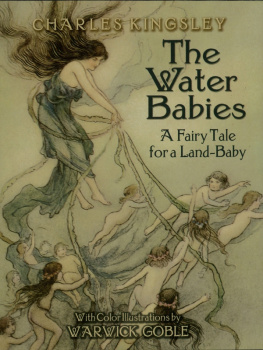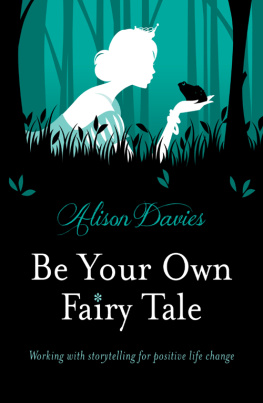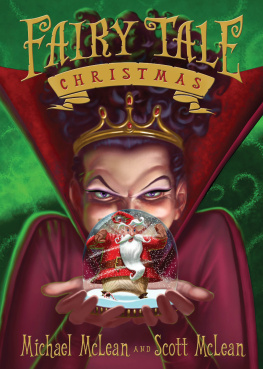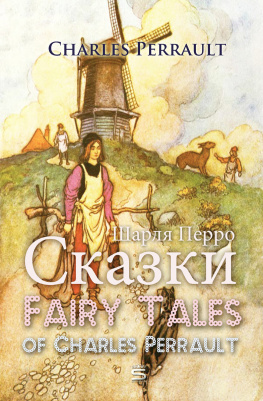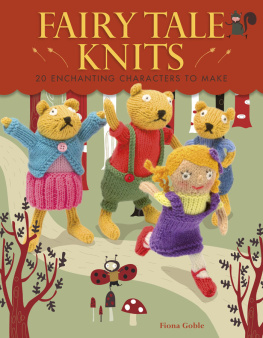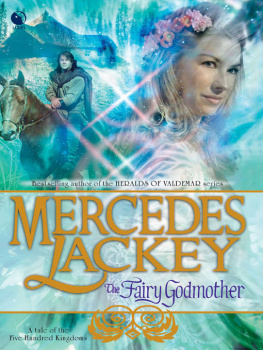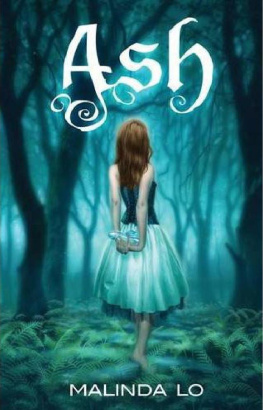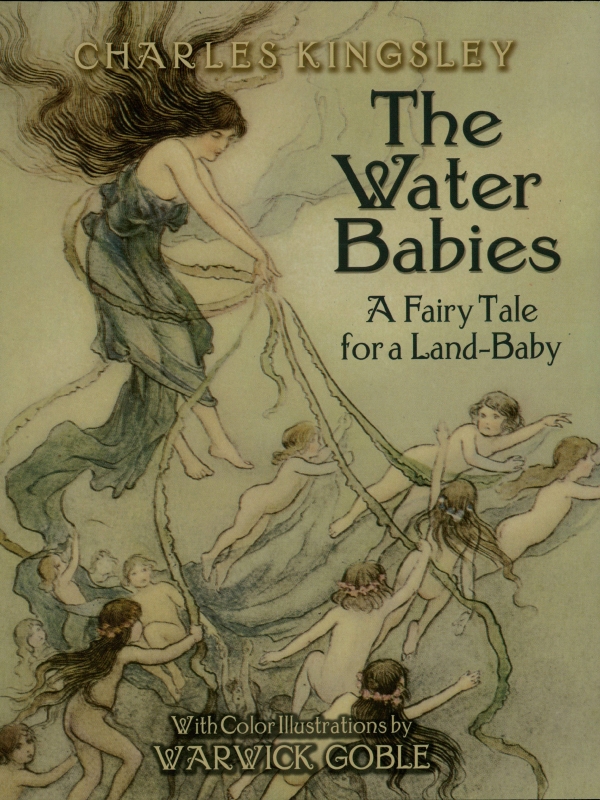I heard a thousand blended notes,
While in a grove I sate reclined;
In that sweet mood when pleasant thoughts
Bring sad thoughts to the mind.
To her fair works did Nature link
The human soul that through me ran;
And much it grieved my heart to think,
What man has made of man.
WORDSWORTH
CHAPTER I
O nce upon a time there was a little chimney-sweep, and his name was Tom. That is a short name, and you have heard it before, so you will not have much trouble in remembering it. He lived in a great town in the North country, where there were plenty of chimneys to sweep, and plenty of money for Tom to earn and his master to spend. He could not read nor write, and did not care to do either; and he never washed himself, for there was no water up the court where he lived. He had never been taught to say his prayers. He never had heard of God, or of Christ, except in words which you never have heard, and which it would have been well if he had never heard. He cried half his time, and laughed the other half. He cried when he had to climb the dark flues, rubbing his poor knees and elbows raw; and when the soot got into his eyes, which it did every day in the week; and when his master beat him, which he did every day in the week; and when he had not enough to eat, which happened every day in the week likewise. And he laughed the other half of the day, when he was tossing halfpennies with the other boys, or playing leap-frog over the posts, or bowling stones at the horses legs as they trotted by, which last was excellent fun, when there was a wall at hand behind which to hide. As for chimney-sweeping, and being hungry, and being beaten, he took all that for the way of the world, like the rain and snow and thunder, and stood manfully with his back to it till it was over, as his old donkey did to a hail-storm; and then shook his ears and was as jolly as ever; and thought of the fine times coming, when he would be a man, and a master sweep, and sit in the public-house with a quart of beer and a long pipe, and play cards for silver money, and wear velveteens and ankle-jacks, and keep a white bull-dog with one gray ear, and carry her puppies in his pocket, just like a man. And he would have apprentices, one, two, three, if he could. How he would bully them, and knock them about, just as his master did to him; and make them carry home the soot sacks, while he rode before them on his donkey, with a pipe in his mouth and a flower in his button-hole, like a king at the head of his army. Yes, there were good times coming; and, when his master let him have a pull at the leavings of his beer, Tom was the jolliest boy in the whole town.
One day a smart little groom rode into the court where Tom lived. Tom was just hiding behind a wall, to heave half a brick at his horses legs, as is the custom of that country when they welcome strangers; but the groom saw him, and halloed to him to know where Mr. Grimes, the chimney-sweep, lived. Now, Mr. Grimes was Toms own master, and Tom was a good man of business, and always civil to customers, so he put the half-brick down quietly behind the wall, and proceeded to take orders.
Mr. Grimes was to come up next morning to Sir John Harthovers, at the Place, for his old chimney-sweep was gone to prison, and the chimneys wanted sweeping. And so he rode away, not giving Tom time to ask what the sweep had gone to prison for, which was a matter of interest to Tom, as he had been in prison once or twice himself. Moreover, the groom looked so very neat and clean, with his drab gaiters, drab breeches, drab jacket, snow-white tie with a smart pin in it, and clean round ruddy face, that Tom was offended and disgusted at his appearance, and considered him a stuck-up fellow, who gave himself airs because he wore smart clothes, and other people paid for them; and went behind the wall to fetch the half-brick after all; but did not, remembering that he had come in the way of business, and was, as it were, under a flag of truce.
His master was so delighted at his new customer that he knocked Tom down out of hand, and drank more beer that night than he usually did in two, in order to be sure of getting up in time next morning; for the more a mans head aches when he wakes, the more glad he is to turn out, and have a breath of fresh air. And, when he did get up at four the next morning, he knocked Tom down again, in order to teach him (as young gentlemen used to be taught at public schools) that he must be an extra good boy that day, as they were going to a very great house, and might make a very good thing of it, if they could but give satisfaction.
And Tom thought so likewise, and, indeed, would have done and behaved his best, even without being knocked down. For, of all places upon earth, Harthover Place (which he had never seen) was the most wonderful, and, of all men on earth, Sir John (whom he had seen, having been sent to gaol by him twice) was the most awful.
Harthover Place was really a grand place, even for the rich North country; with a house so large that in the frame-breaking riots, which Tom could just remember, the Duke of Wellington, and ten thousand soldiers to match, were easily housed therein; at least, so Tom believed; with a park full of deer, which Tom believed to be monsters who were in the habit of eating children; with miles of game-preserves, in which Mr. Grimes and the collier lads poached at times, on which occasions Tom saw pheasants, and wondered what they tasted like; with a noble salmon-river, in which Mr. Grimes and his friends would have liked to poach; but then they must have got into cold water, and that they did not like at all. In short, Harthover was a grand place, and Sir John a grand old man, whom even Mr. Grimes respected; for not only could he send Mr. Grimes to prison when he deserved it, as he did once or twice a week; not only did he own all the land about for miles; not only was he a jolly, honest, sensible squire, as ever kept a pack of hounds, who would do what he thought right by his neighbours, as well as get what he thought right for himself; but, what was more, he weighed full fifteen stone, was nobody knew how many inches round the chest, and could have thrashed Mr. Grimes himself in fair fight, which very few folk round there could do, and which, my dear little boy, would not have been right for him to do, as a great many things are not which one both can do, and would like very much to do. So Mr. Grimes touched his hat to him when he rode through the town, and called him a buirdly awd chap, and his young ladies gradely lasses, which are two high compliments in the North country; and thought that that made up for his poaching Sir Johns pheasants; whereby you may perceive that Mr. Grimes had not been to a properly-inspected Government National School.
Now, I dare say, you never got up at three oclock on a midsummer morning. Some people get up then because they want to catch salmon; and some because they want to climb Alps; and a great many more because they must, like Tom. But, I assure you, that three oclock on a midsummer morning is the pleasantest time of all the twenty-four hours, and all the three hundred and sixty-five days; and why every one does not get up then, I never could tell, save that they are all determined to spoil their nerves and their complexions by doing all night what they might just as well do all day. But Tom, instead of going out to dinner at half-past eight at night, and to a ball at ten, and finishing off somewhere between twelve and four, went to bed at seven, when his master went to the public-house, and slept like a dead pig; for which reason he was as pert as a game-cock (who always gets up early to wake the maids), and just ready to get up when the fine gentlemen and ladies were just ready to go to bed.

